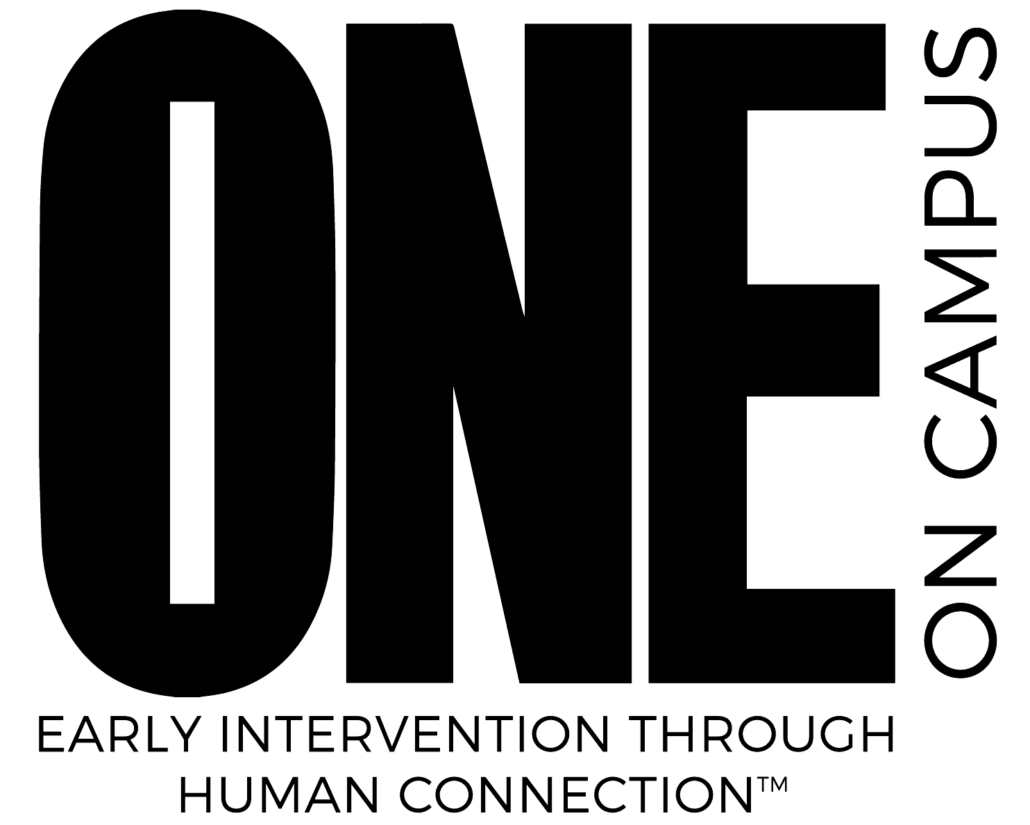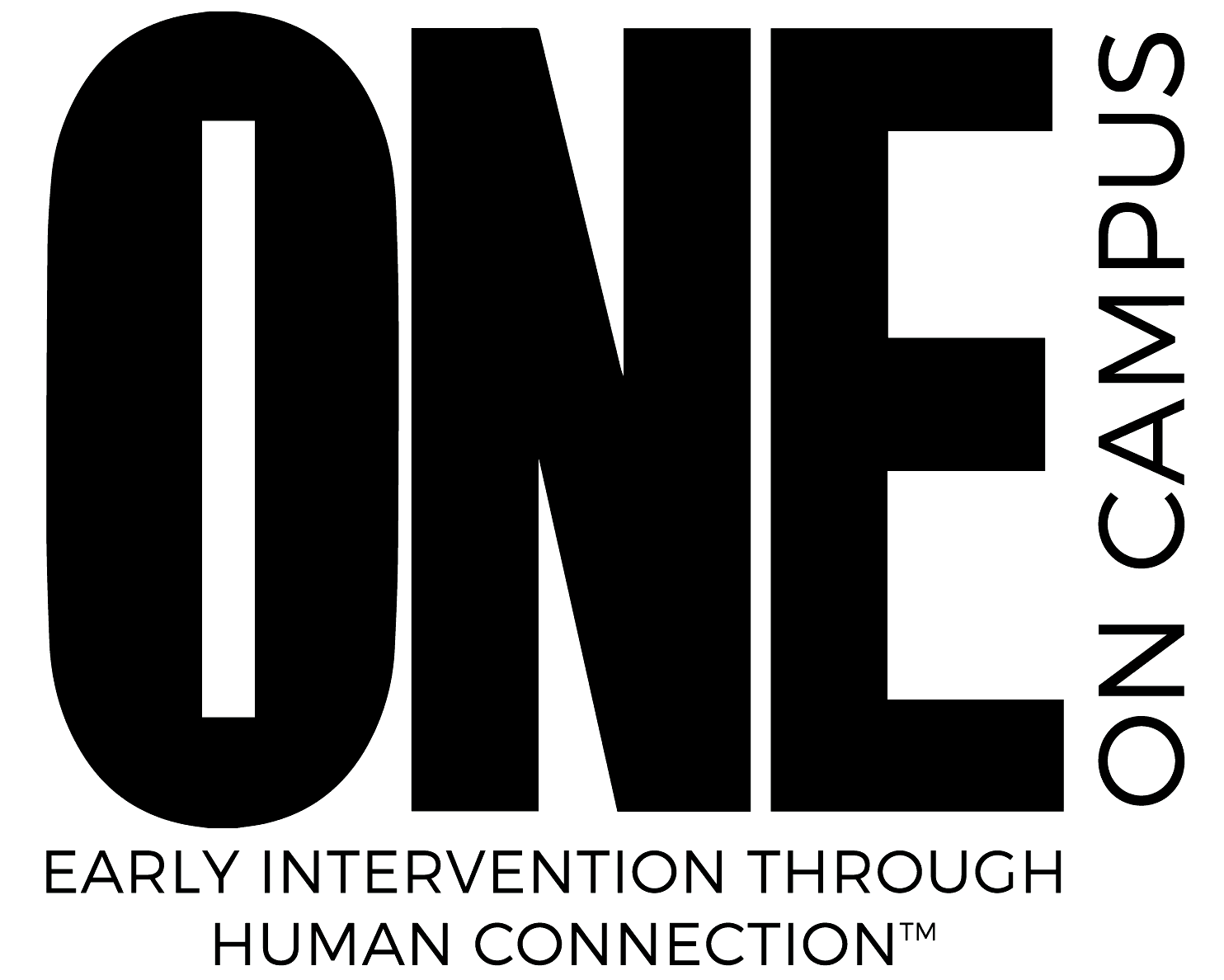(story and bio courtesy OC Register)

It was the times he wasn’t high that life slogged along, those moments when he was so utterly and obviously in reality. That’s when the demons would call to him, bidding him to swallow a handful of Oxycodone or inject a syringe loaded with heroin into his veins, so he could slip away into the clouds.
That was all that mattered to John Joyce, the quiet kid with the astonishing height and a soft touch around the basketball hoop. It became his sole want in the world, and when he got his fix, he’d wish to die.
The signs were hard to see for his parents, Tim and Debbie Joyce. Their youngest of two had always been a sweet kid. He didn’t like trouble, and he’d dress up like a policeman for Halloween.
“I was just too involved in myself,” he said. “The high was the most important thing.”
He can’t remember what made him want to smoke weed five times a day in high school, or what made him dabble with harder stuff as his time at Corona del Mar High School came to a close. There wasn’t anything to escape from, he said, just something to run toward: that sublime high.
School became a second thought. Sports did, too. It didn’t matter that the 6-foot-8-inch Joyce had become a force as an offensive lineman on the football field, an armored hulk who summoned recruitment letters from major college programs. It didn’t matter that his real love, basketball, was an option for him at the next level.
He was willing to ignore it all.
A part of Joyce wanted to follow his father and brother into college basketball, but a stronger part dragged him away from progress and settled him in the darkness of addiction
One time, he had gone to the hospital in excruciating pain. His spleen had ballooned in size, and the doctors told him to knock off the drugs. Joyce used again the next day.
He smoked before practices and before classes. When his parents would send him out with money to buy himself dinner, he’d spend it on drugs instead.
But the most dangerous thing was the lack of symptoms. Joyce didn’t lose weight or become pale. It was his attitude that changed, and the odd way little things seemed to irritate the quiet kid. He hid the addiction well, never stealing to satiate his needs, never getting picked up by the cops for drug possession or driving under the influence.
Somehow, through it all, the kid could always play ball. When his brother came home for a visit as a sophomore in college, he noticed the size of his brother and that the quickness he possessed with that height was a formidable weapon. The boy, then about 17, had bulk too, a soft touch around the rim and a vision of the court uncommon to big men.
“It’s a puzzlement to me how you can be high and how you can perform,” Debbie Joyce said of her son.
But basketball wasn’t important enough, and when Joyce graduated high school and went to Orange Coast College, he didn’t even try to play.
One night, when Joyce was high, he was heading down Jamboree Road in Newport Beach when he blacked out and ran over the median – the same median, in the same place, where five high school students were killed this spring. It was just one of the times he should have died. Nearly dying wasn’t a revelation to him that maybe he should change. He just got back on the road and continued on his way. He kept using.
“I should be dead,” Joyce said. “There were many times when I should have been dead.”
In 2008, he transferred to Irvine Valley College. He tried giving basketball a second chance, but his addiction got the best of him. He stumbled through one semester, failing to complete the second.
For the first time, he decided to ask for help. His parents responded by sending him to a treatment center in Arkansas for 105 days. His problem, it turned out, wasn’t rare.
“I was ready to be sober. I was tired of the life I was living and it got to be a chore,” Joyce said. “It was a horrible existence.”
When he returned home in the summer of 2009, things were better for a while. When the summer ended, he was back in school at Vanguard University.
The chances of relapse are high, he had heard. He didn’t really believe it. Forty percent to 60 percent of people relapse, the National Drug Institute says.
That’s what Joyce didn’t understand – how powerless he was against his addiction. He needed to surrender himself to one simple truth: He had no control over the disease that plagued him.
He thought he had the will to drink and not do drugs. One night, when he tested that theory, he started using again.
In early December 2009, his father chased him down after Joyce took a vehicle without permission. Tim Joyce told him to pack up his things and that he was no longer welcome in the family, not until he was clean. He dropped his son off on a curb somewhere in the torrential rain. Two days later, John Joyce was back in rehab in Pasadena.
On Christmas Day 2009, his brother Pat traveled down to Pasadena to reinforce to Joyce that he was no longer welcome in the family.
Pat recalled a place that was far different from what his brother had grown up with.
“It was a dreary, dreary environment to be in. I think it was a shock for John after growing up in Newport Beach,” Pat said.
The hard reality of what Joyce had done began to weigh against his desperate need to get high, and deep beneath the hopelessness of the task ahead of him, he discovered a will he had never known before.
He did his 30 days in Pasadena. This time things were different. He had a plan and tools to help him stay clean. He got new friends and a job, and he set to work earning back the trust of his family.
“I didn’t know how to be a productive member of society,” Joyce said. “Before, I was taking, taking, taking from society and from people around me.”
Soon after, he returned to Orange Coast College. This time, he asked basketball Coach Steve Spencer to let him play basketball. John showed up in a suit after a job interview. He could have changed, but he wanted to make the right impression. He had made so many bad ones in the past. The coach said yes.
A technicality kept him off the court for his first year at the school, so he focused on his studies, earning better than a 3.0 GPA in the four semesters of his return at the school. He earned the respect of the players.
“All the guys, it doesn’t matter if they were purple, pink, Chinese, Mexican, black guys – they all looked up to John. He’s the kind of guy who gets respect from all the people on the team, which is a quality that everybody doesn’t have,” Spencer said. “He’s just a guy who’s going to be successful. I know that for sure.”
But the junior college system was not kind to the big man. The flow of the game and the undersized players he had to guard made it difficult for him to fit into a large role. He averaged just less than four points a game as a sophomore. By this time, Joyce had become a problem solver. So once he heard murmurs of interest in his play from Chapman University basketball Coach Mike Bokosky, he started showing up to in the Chapman gym to play pickup games.
The coach liked what he saw, the admissions office heard what they needed to hear, and Joyce got an offer to play ball at the school. Financial aid will cover the lion’s share of the 24-year-old’s tuition when he starts in the fall.
Three-and-a-half years into his recovery, Joyce’s family knows there’s always a risk he’ll fall back into addiction, but each day of sobriety brings him further from danger.
“I know there are a lot of people who are suffering,” Joyce said. “It’s really sad. It’s a tragedy. I’m fortunate to be where I am today.”
Now he has the willpower to work as a bartender. He doesn’t want the drugs anymore. And when the demons beckon to him to take a stroll on the clouds, he no longer hears them.

